#shojo ai manga
Explore tagged Tumblr posts
Text
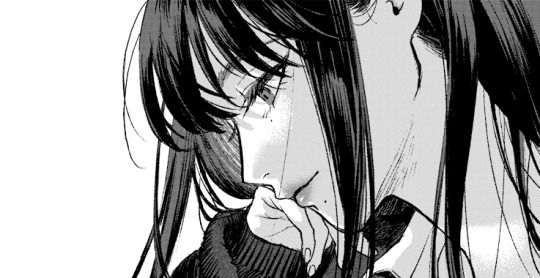
2K notes
·
View notes
Text
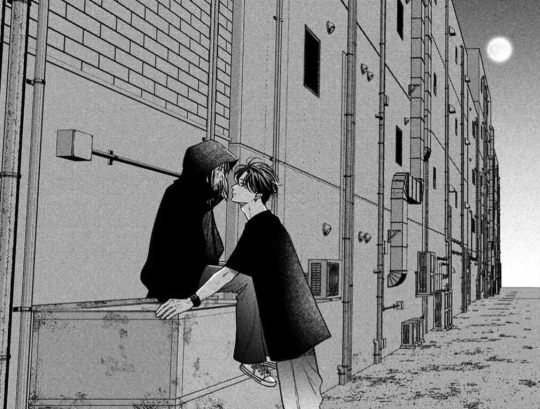
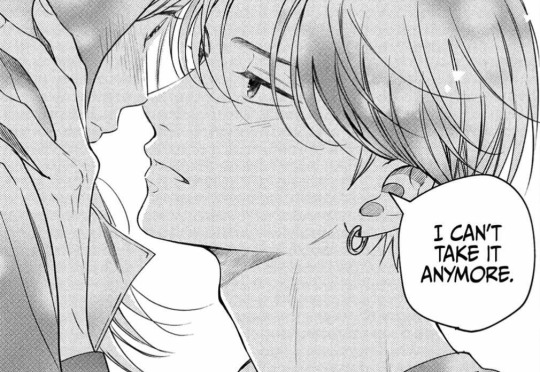
#museru kurai no ai wo ageru#choking on love#manga cap#manga#mangacap#manga caps#monochrome#mangacaps#shoujo#shojo#shojo manga#shoujo manga#romance manga#manga couple#manga girl#anisource#animanga#anime / manga#manga pics#manga screenshot#manga screencap#manga panel#manga daily#daily manga#manga romance#1k
1K notes
·
View notes
Text

museru kurai no ai wo ageru ♡
#museru kurai no ai wo ageru#shojo#shojo manga#shojo romance#art#cute#illustration#manga#manga cap#mangacap#romance#shoujo#manga screencap#manga romance#manga aesthetic#manga panel#shoujo manga#black and white
496 notes
·
View notes
Text

#from the art book passé composé#Keiko Takemiya#illustration#shojo#shonen ai#70s manga#vintage manga#fairy
584 notes
·
View notes
Text

#Hikaeme ni Itte mo Kore wa Ai#shoujo#shoujo manga#romance manga#shojo#shojo manga#manga cap#manga panel#manga
158 notes
·
View notes
Text

私に愛を叫ばせて "Let Me Shout My Love" by Kosaka Natsuki 2024
#manga cap#manga#mangacap#manga caps#monochrome#mangacaps#shoujo#shojo#shoujo manga#shojo manga#romance manga#animanga#anime / manga#manga post#manga page#manga panel#manga couple#manga blog#manga daily#dailymanga#daily manga#monochrome manga#bnw manga#manga girl#manga and stuff#manga edit#Watashi ni Ai wo Sakebasete
199 notes
·
View notes
Text
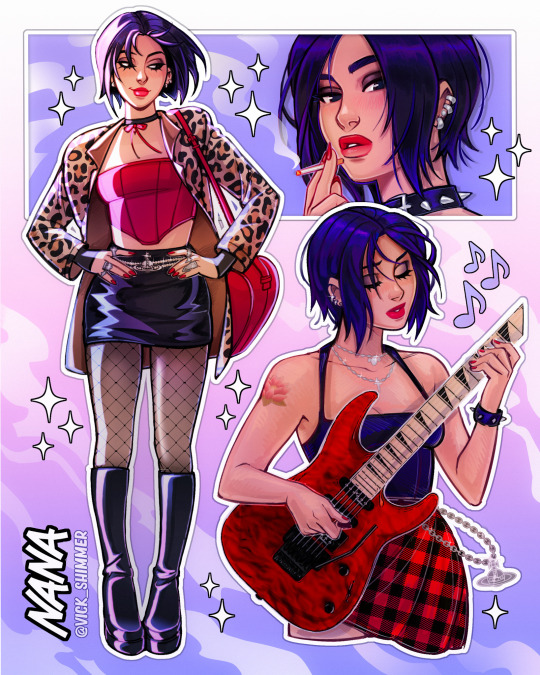
Nana Osaki 💋🖤🔥
Twitter🕊 Instagram📷
#nana#nana fanart#nana anime#nana manga#2000s fashion#anime#2000s anime#anime art#shojo#josei#my art#nana and hachi#ai yazawa#nana osaki#fashion art#anime fashion#fashion drawing#vivienne westwood
635 notes
·
View notes
Text
Nana Komatsu, the fear of loneliness, and the perfect tragedy of her story
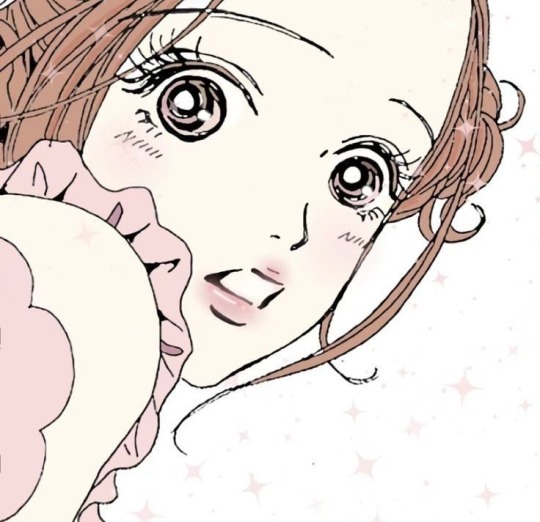
Within the Nana fandom, it is a widely acknowledged fact that Nana Komatsu ( who I will be calling Hachi for convenience) is written and portrayed as a clingy and needy character. Naturally, the effect that such a personality has on the viewers varies, with some enjoying and even empathising with Hachi, while others feel less inclined to such character archetypes, or even real life people, for a plethora of different reasons.
However, I believe that while this aspect of her personality is often highlighted, it plays a much deeper narrative role than it is given credit for. What may initially have seemed like a benign and overused personality trait — Hachi’s need for connection — actually plays a much larger role in shaping the course of her life, and understanding her relationship with loneliness and attachment allows for a greater understanding of her decisions within the anime and manga ( understanding not justification)
To do this we must examine how Ai Yazawa chooses to present Hachi to us, the viewers, in the first few episodes / chapters, and why. Hachi from the get go is depicted to be boy crazy - a girl with her head in the clouds. Someone who is quick to endear herself to others, and even quicker to idolise them - she is a character that wholeheartedly indulges in and thrives off love and attention, even if it is at the expense of her own wishes and dignity (will elaborate). We follow Hachi through her intense attachments - from her art teacher, to the pizza delivery boy, to the guy in the shop, to Asano. Out of all these attachments, we think we can see a recurring theme - they are all of romantic nature, and showcase Hachis constant search and desire to be loved. And yet there is a character whose interactions with Hachi are even more telling of Hachi’s priorities, and which I think is often undermined in the fandom due to the focus of Hachi's romantic pursuits, yet crucial to the foreshadowing and understanding of Hachi’s character and story.
Junko. We see a bond established between them right at the beginning of the anime/manga, while we're still getting to know Hachi, which serves as a key foundation for her characterisation. Hachi follows Junko to art school simply because Junko went. We observe as Hachi interacts with Junko, seeking advice,comfort and security from her, while also allowing herself to be condescended and even embarrassed by Junko. An example of this is when Junko tells Shoji and kyosuke as soon as Hachi meets them that she is loud and has a long history with men. While these traits aren't inherently negative, in the context of the society and time the manga is set in, they were not viewed as favourable traits for women. Hachi's initial protests at having these aspects of her life exposed are telling. Junko can tend at times at the start of the story to be very brisk and sometimes even outright insensitive to Hachi. Yet, when Junko decides to go to Tokyo, Hachi tearfully begs her to stay, even diminishing Kyosuke's importance to his face in an effort to keep Junko close. Realising it would be unfair to hold Junko back from her dreams, Hachi impulsively decides to apply to schools in Tokyo as well. She had no money, no set career aspirations, and no solid plans, yet was adamant to join her friend.
And this brings us to the key aspect of Hachi’s character that Ai Yazawa informed us of from very early on: she will uproot her whole life in order to not be alone. And this trait is depicted throughout all her relationships, platonic and romantic. Hachi may be boy obsessed, but to diminish her later actions to just that is a disservice to Ai Yazawa’s writing skills, as in these pivotal few scenes, Hachi’s past and future link and meld together immaculately - Hachi’s decision to stay with Takumi was foreshadowed and hinted at phenomenally from the very start of the story through Hachi’s past, and how it shaped her interactions with other characters. Her actions were rooted more in a desperate need for companionship and fear for loneliness than, as some people believe, a habit of putting her romantic relationships on a pedestal - and Ai Yazawa has reminded us of this throughout the story.
Hachi grew up in a loud and rather indifferent household where she grew up ( as a middle child) thinking that her absence would just mean less noise in the household, a thought probably encouraged by her parents' passive and impartial approach to parenting and her growing up, giving her an excess of freedom instead of the attention Hachi desired growing up. Given such an environment, she developed an anxious attachment style, clinging onto whatever relationships she has in order to avoid feeling lonely and isolated, such as her friendship with Junko. She compares the feeling to be worse than Asano breaking up with her - the moment when she realised the extent of her unrequited love and the fragility of relationships, causing her to come to terms fully with the threat of loneliness and abandonment. This concept and revelation seems to haunt her visibly throughout the first few episodes, and more insipidly years later as she still seeks companionship and intimacy to avoid the depression and fear she feels when encountering the emotion that she has correlated with feeling unwanted and used.
So given this, it makes Hachis decision to stay with Takumi even more painstakingly in line with her character. Hachi is not written to be a perfect character for readers to project their own morals into - Hachi is young, still rather sheltered and unsure of her place in the world. She thrives off others' reassurance and the security they provide her - when she feels this is being threatened ( such as when she saw Nana interact with Tsuzuki) she spirals. So when she found out she was pregnant, Takumi very intentionally divulged the information without giving Hachi a chance to prepare, recognising Hachi’s intense aversion to being alone, and exploited it in the scenario to fit his interests in keeping her by his side. Hachi was at this part of the story in a very vulnerable and insecure position. She feared and expected rejection and disappointment from her friends, a reflection of her own and society's negative and sexist feelings on her situation, and saw herself as alone. Blast was excelling and becoming increasingly busy, Junko and Kyosuke were occupied in their own daily lives, and she saw herself with nobody to turn to for help or support, and was too ashamed to ask for it from people she held in such high regard. She believed she had nobody who could give her the stability and comfort she has sought for consistently throughout the manga/anime in her friends and romantic partners.
Nobody but Takumi. Hachi knew she would not be happy. She knew that she did not love him and was not loved the way she always idealised. She knew that by marrying Takumi and raising the child with him she would be sacrificing her friends’ trust and opinions of her, and putting herself in a situation that may seem like what she always wanted ( financial stability and a family) , but was less than ideal in reality. But she ended up marrying Takumi - because she believed Takumi at the time was the only one who would accept her, who would not be any more angry and disappointed at her than she was with herself. She saw him as the only option that guaranteed the security she yearned for and seeked in every one of her personal relationships, even at the expense of her own happiness and friendships - and this because we are shown time and time again that Hachi would rather uproot her life than be on her own. She would rather suffer a person and learn to love them than be without. And that is the painstaking tragedy of it all - it makes sense for her character.
Ai Yazawa does a beautiful job at showing the very human side of personalities and relationships. Personal growth is not a linear process, and while Hachi shows moments of self-awareness and even growth, with instances where she is shown slowly blossoming into a more independent woman and recognising her self-destructive tendencies, she ultimately gravitates towards what is most familiar to her. She acts seemingly as a survival instinct, where the pale mockery of a loving relationship seems more plausible and tolerable to her than the shaky and unpredictability of her future, and facing the shock and hurt of those who she holds so dear to her heart. Though this may frustrate viewers, it is also what makes Hachi such a compelling and relatable character — her choices, while flawed, feel deeply human. Hachi doesn’t always make the smart decision, nor the one best in the long run. She is a character that displays the more uncomfortable sides of human nature and actions, and is a character that can be simultaneously loved and sighed at and learnt from, which is infinitely more educational and enjoyable than a character who has things just happen to them. She is a culmination of her past experiences and how she operated through them and processed them is translated and depicted through her relationships and actions in a realistic, though heart wrenching fashion.
#nana#nana osaki#nana komatsu#nana anime#nana and hachi#takumi#ren honjo#anime and manga#anime#anime analysis#analysis#character analysis#manga#shojo anime#shojo#nana manga#show analysis#anime gif#manga nana#manga analysis#media literacy#romance anime#nobu nana#yasu nana#reira nana#nana fanart#ai yazawa#nana hachi#hachi#hachiko
292 notes
·
View notes
Text

Zipper Comic (ジッパー・コミック) / Shōdensha (祥伝社) / Dec 2001-Jan 2002 issue
#shojo manga#2000s manga#ai yazawa#paradise kiss#>100 notes#shodensha#issue month: december#ジッパー・コミック#祥伝社
488 notes
·
View notes
Text
fanart of my fav archer girls 🩷🏹

#artists on tumblr#brazillian artist#digital artist#arte digital#anime#ibispaintx#ibispaint art#ibispaint online#artwork#fan art#princess yona#akatsuki no yona#yona of the dawn#kagome#inuyasha#kagome higurashi#shounen manga#shoujo anime#shoujo#shoujo manga#shounen anime#shonen anime#shonen#shojo manga#shojo anime#shojo#hakyona#inukag#ibispaintdrawing#no ai art
164 notes
·
View notes
Text

girl.
#nana#nana manga#ai yazawa#manga#mark my words i WILL make a post about sapphic subtext in shojo manga. someday.
145 notes
·
View notes
Text

628 notes
·
View notes
Text
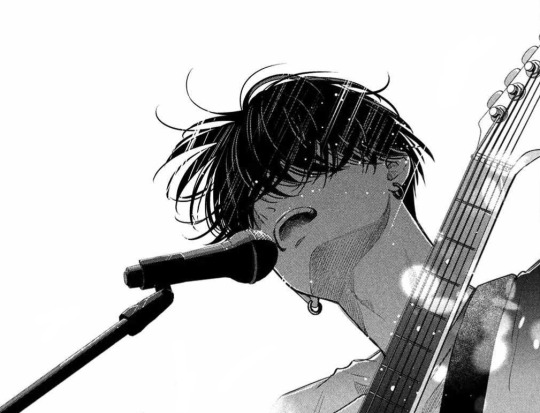
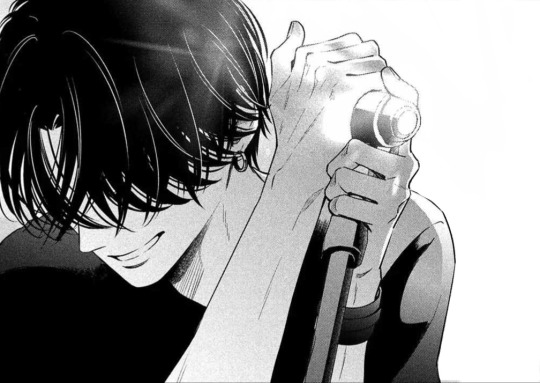
#museru kurai no ai wo ageru#choking on love#manga#manga cap#mangacap#manga caps#mangacaps#shoujo#shojo#shoujo manga#shojo manga#allanimanga#animanga#anisource#fymanga#anime / manga#manga screencap#manga screenshot#manga post#manga page#manga blog#manga pics#manga boy#romance manga#romance#manga daily#dailymanga#daily manga#punk rock#rock band
484 notes
·
View notes
Text
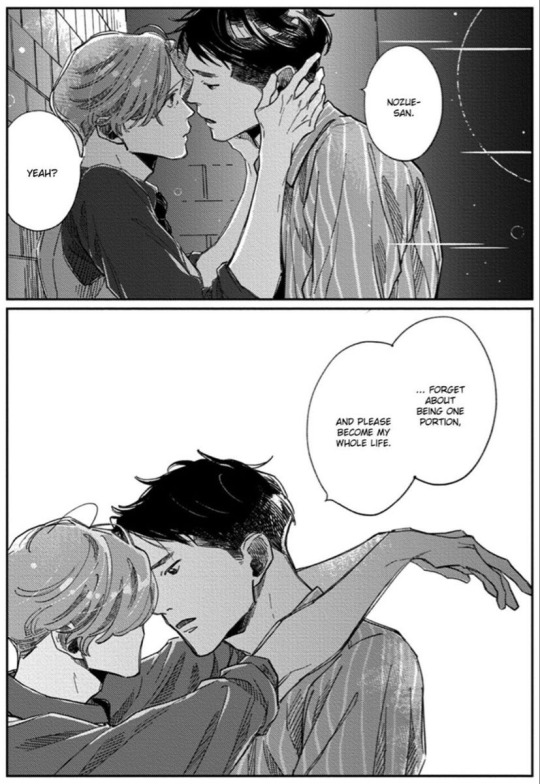

From: Old Fashioned Cupcake
#old fashioned cupcake#boys love#bl manga#manga yaoi#shounen ai#manhwa#webtoon#manga#yaoi#anime#yaoi ship#yaoi manhwa#fudanshi#yaoi icons#yaoilove#yaoihard#romance#shojo manga#bl love#yaoi bl#yaoi recommendation#yaoi smut#yaoi couple#yaoi comic#yaoi anime#yaoi manga#yaoi love#yaoi manhua#bl webcomic#bl comic
278 notes
·
View notes
Text
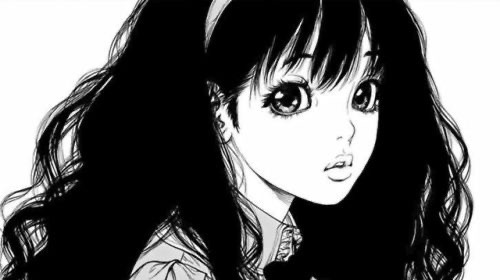

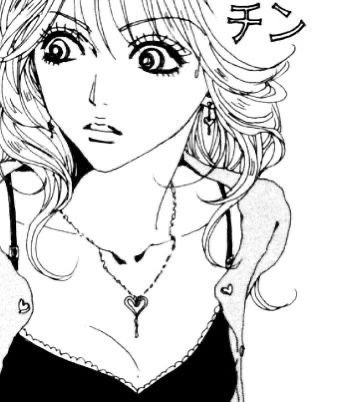
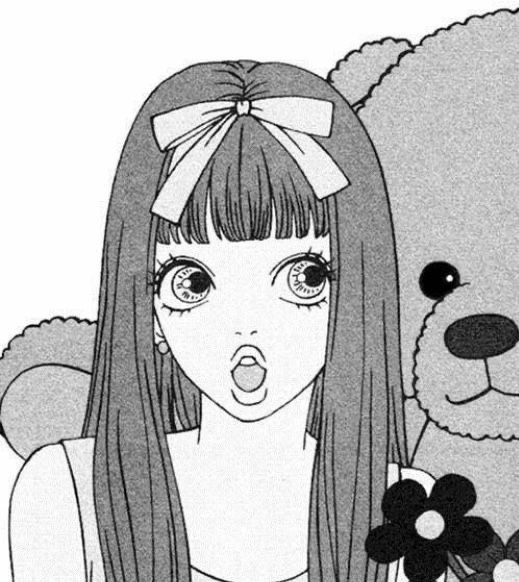


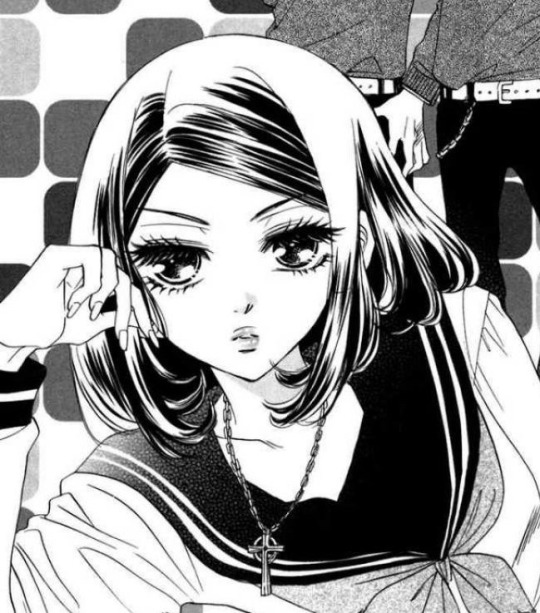
#manga#manga pics#manga art#manga aesthetic#manga recommendation#manga romance#ai yazawa#nana#paradise kiss#manga love#shojo#from me to you#shoujobeat#manga post#anime and manga#anime pfp#manga pfp#10000 likes#follow#instant folllow back
715 notes
·
View notes
